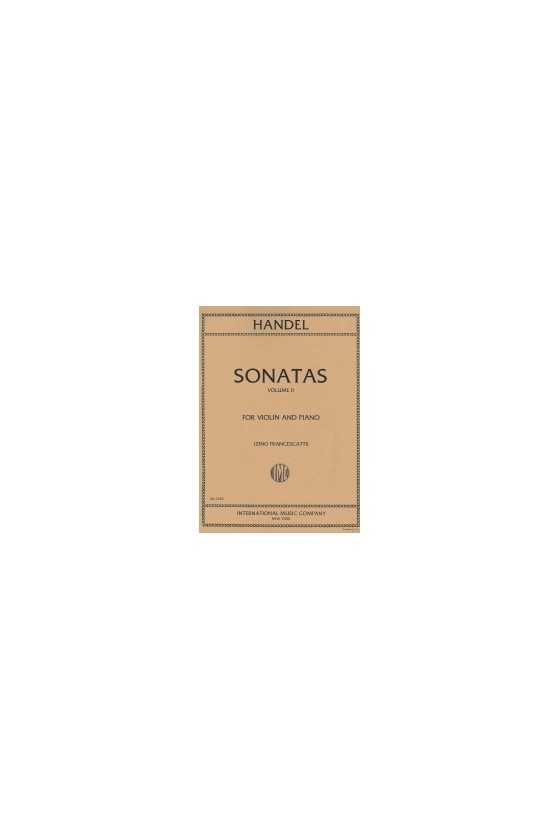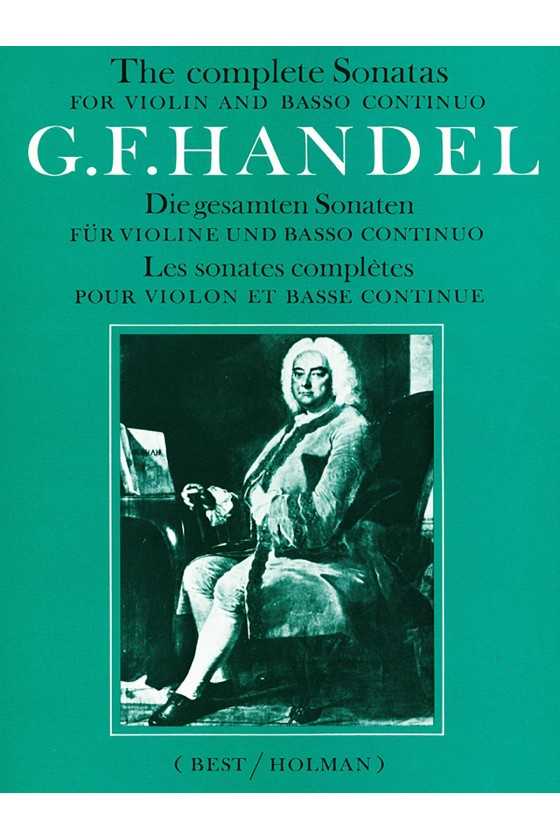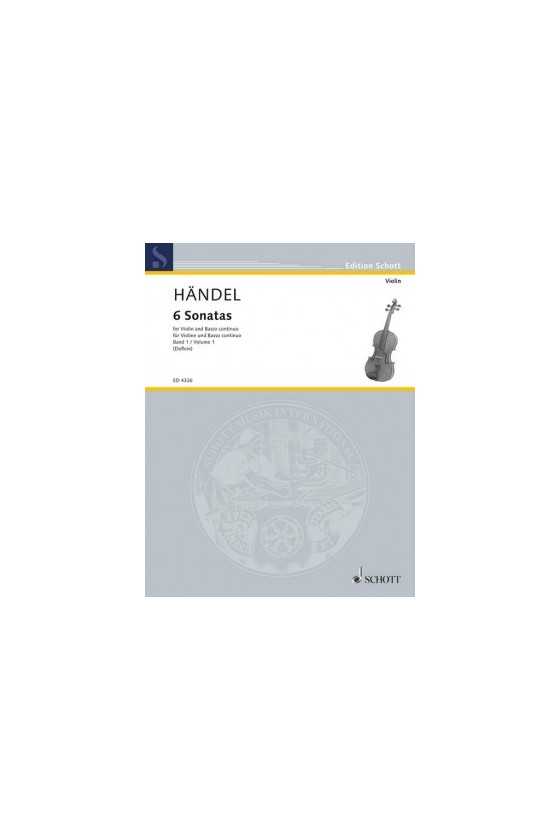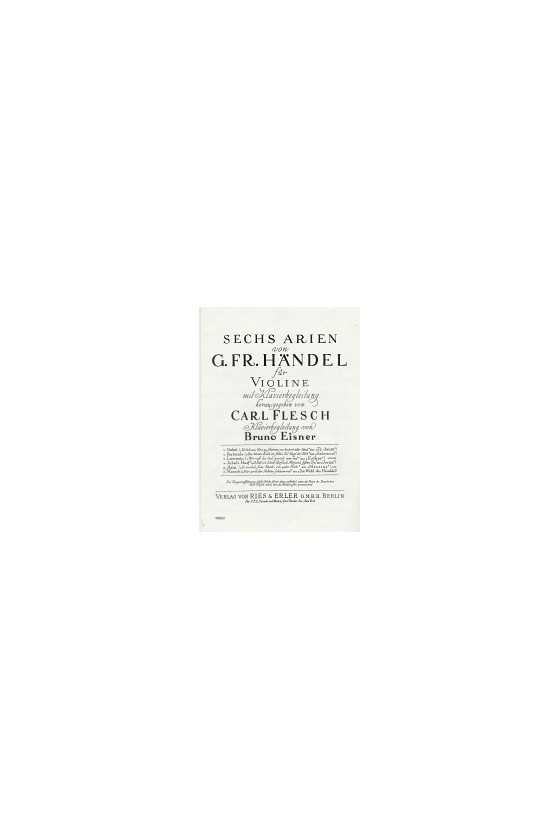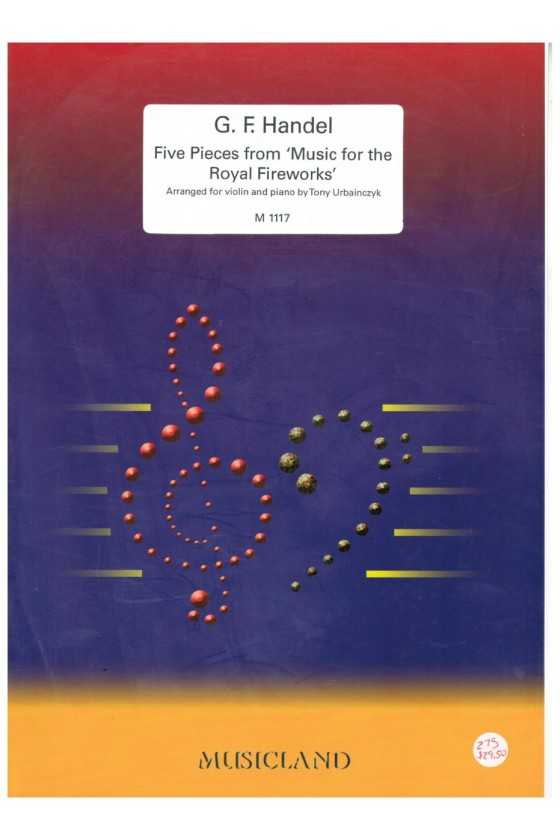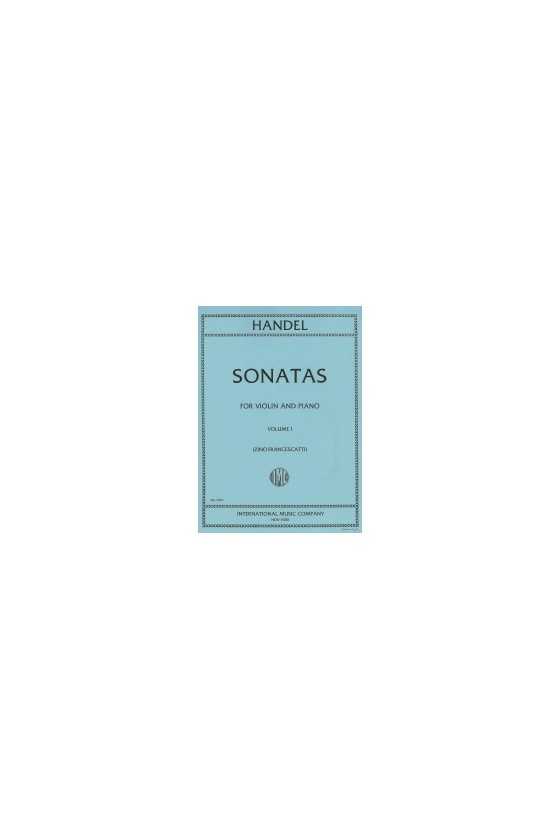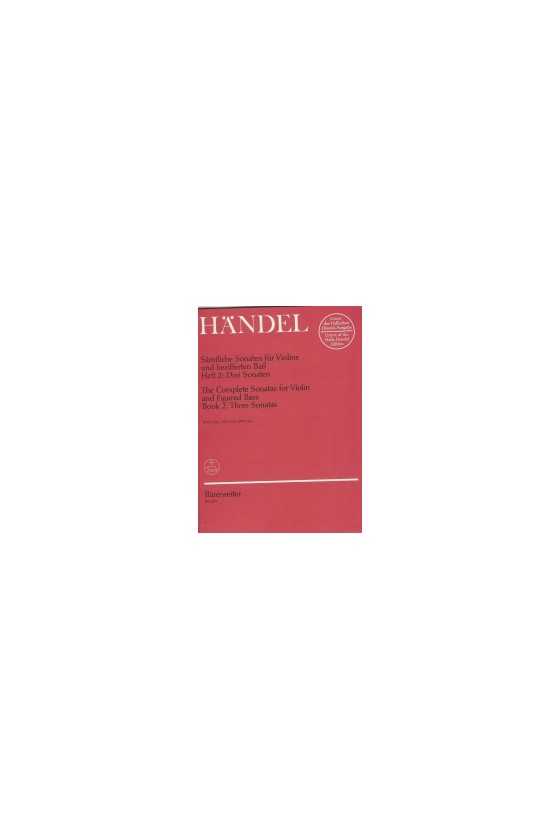Handel, George Frideric
George Frideric Händel, born on 23rd February 1685 in Germany, was a renowned late Baroque composer known for his remarkable operas, oratorios, and instrumental compositions. His musical style evolved from his early exposure to north German pop to the Italian style he absorbed during his travels in Italy. Händel's music, particularly his choral compositions, showcased his mastery in vocal expression and harmonic creativity. This article delves into the life and music of Händel, highlighting his significant contributions to the world of music.
Early Influences and Italian Inspiration
Growing up in Germany, Händel's musical foundation was laid upon the melodies of north German pop. However, his exposure to the Italian style during his early adulthood travels in Italy greatly influenced the evolution of his music. Händel's compositions began to exhibit the robustness that characterized the English musical tradition, while still retaining elements of the Italian style he had embraced.
Händel's vocal compositions, particularly his choruses, are considered masterpieces in the realm of choral music. His ability to interweave expansive and harmonically rich passages with intricate contrapuntal parts is a testament to his immense creativity and skill in conveying the meaning of the text. His solo voice writing is equally remarkable, displaying adaptability to various vocal mediums and a consistent melodic thread that captures the essence of the music.
Dramatic Operas and Oratorios
Händel's love for the theater was evident throughout his career. While his oratorios were initially intended for church performances, they were often presented on the stage, highlighting his affinity for dramatic storytelling. Händel's operas, heavily influenced by the Italian opera tradition, incorporated the use of male sopranos, contraltos, and stylized recitatives and arias. Composers of his time, including Händel himself, adhered to these conventions and produced remarkable masterpieces.
However, as Händel's financial losses increased due to the declining popularity of Italian opera, he transitioned towards English oratorio. Interestingly, his oratorios, such as the emotional and compelling "Messiah," surpassed his operas in terms of expressiveness and resonance with the audience. These works could be performed on stage with minimal adaptation, showcasing Händel's ability to evoke powerful emotions through his music.
In addition to his religious oratorios, Händel also composed secular works in the dramatic oratorio style. Works like "Semele" and "Hercules," which drew inspiration from Greek mythology, exemplified Händel's versatility in storytelling and his ability to infuse his compositions with youthful magic.
Contributions to Church Music
Händel's contributions to church music are substantial, with his large-scale anthems being particularly noteworthy. The famous "Chandos Anthems," written for a small group of singers and instrumentalists, showcase Händel's ability to conceive grand compositions within a confined setting. These anthems, imbued with a sense of scale and grandeur, have become synonymous with Händel's mastery of choral music.
Orchestral and Harpsichord Compositions
Händel's orchestral music primarily consists of overtures, with approximately 80 compositions in the style of Jean-Baptiste Lully. These overtures, characterized by their lively and rhythmic nature, showcase Händel's skill in orchestration and his ability to captivate audiences with dynamic musical introductions.
The concerto style, especially the concerto grosso, was another area in which Händel excelled. With four or more movements, Händel's concertos showcased his ability to blend solo instruments with the larger ensemble, creating a captivating musical dialogue. These compositions exemplified his command over the form and structure of the concerto grosso.
Händel's expertise extended to the realm of harpsichord music, with his suites becoming significant contributions to the instrument's repertoire. Collections such as "Suites de pièces pour le clavecin" (1720) and "Suites de pièces" (1733) demonstrated his ability to create cohesive and engaging sets of pieces for the harpsichord. Additionally, Händel composed sonatas for one or two solo instruments with harpsichord basso continuo accompaniment, further showcasing his versatility as a composer.
Händel as an Organist
Händel's proficiency as an organist is evident in his extensive collection of organ concertos. These concertos, often performed as intermission pieces during his oratorio presentations, highlight his virtuosity and command over the instrument. With over 20 organ concertos to his name, Händel's compositions for the organ demonstrate his ability to captivate audiences with intricate and expressive music.
Legacy and Impact
During his lifetime, Händel was regarded as a classic composer in England, and his reputation has remained untarnished to this day. Having adapted to the changing tastes and preferences of the English audience, Händel came to represent and articulate the interests of a broader population. He played a pivotal role in democratizing music and his compositions, oratorios, and instrumental works have transcended their musical significance to become ingrained in the national identity of England.
In Germany, Händel's music experienced a resurgence in popularity in the late 18th century, solidifying his position as one of the leading German composers. His contributions to the world of music continue to be celebrated, with his compositions standing as timeless testaments to his genius.
Conclusion
George Frideric Händel, a composer of immense talent and creativity, left an indelible mark on the world of music. From his early influences in Germany to his Italian-inspired compositions, Händel's music captivated audiences with its expressive power and melodic beauty. His choral compositions, dramatic operas, and oratorios showcased his ability to convey human emotions and tell captivating stories through music. Händel's legacy as a master of Baroque composition endures, with his works continuing to inspire and resonate with audiences around the world.
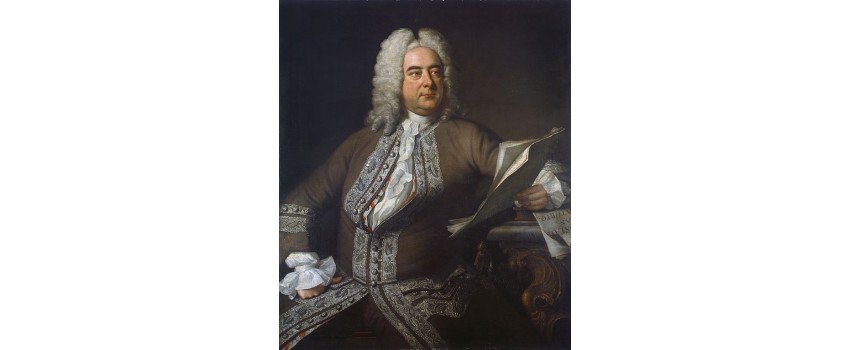
Handel, Complete Sonatas for Violin and Piano (Faber)
George Frideric Handel's complete sonatas for violin and basso continuo. Published by Faber Music. Edited by Terence Best and Peter Holman.

